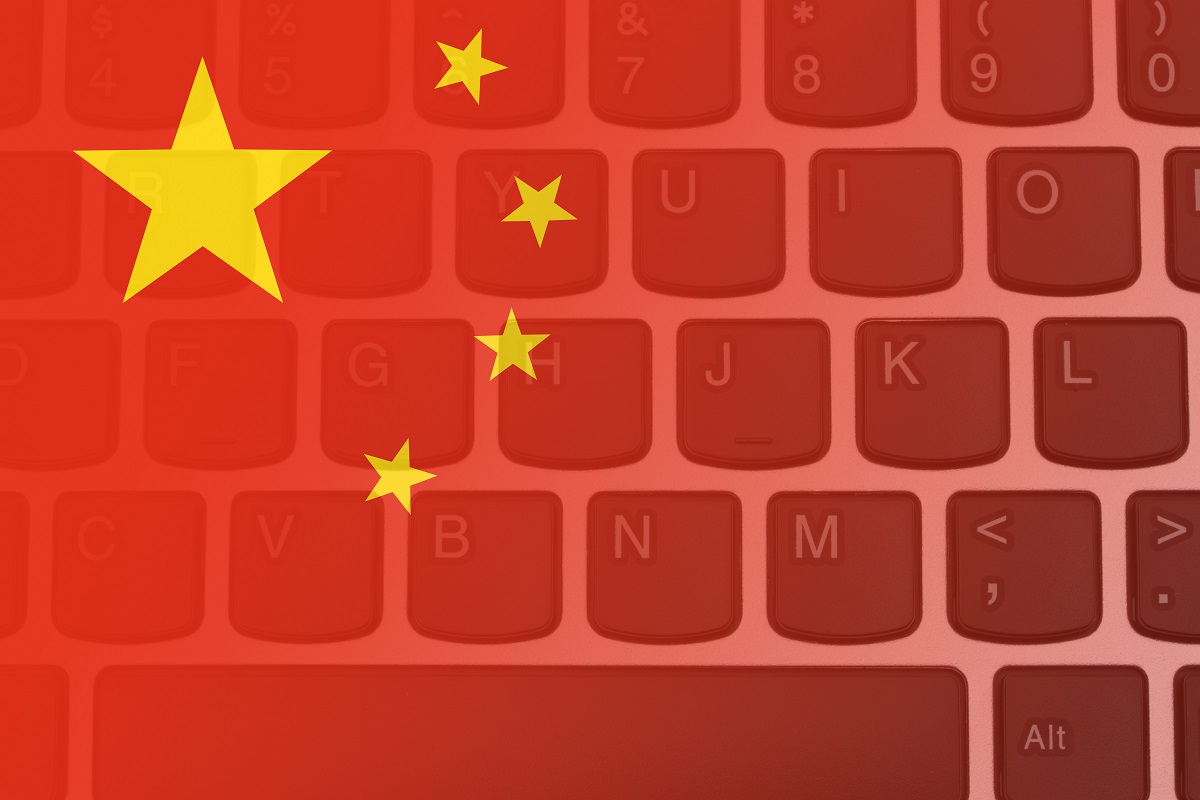China hit the tracks in the generative AI race with Alibaba and Baidu

China has invested, and continues to invest heavily in the three “battlegrounds” for technological superiority: semiconductors, artificial intelligence (AI) and 5G – sectors that are closely monitored by the US as well. In fact, the two countries have been in an AI arms race for years, and China has outnumbered the US in terms of the most-cited scientific papers on AI to date. However, it wasn’t until ChatGPT’s eruption into the world that tech giants in China began publicly revealing their interest in generative AI.
Although giants like Baidu, Alibaba, and Tencent have been investing heavily in long-term research projects and laboratories since the birth of China’s AI sector, progress has been scaled back due to new regulations ideally suited to the emergence of generative AI. Still, in many ways, the national conversation about ChatGPT in China is similar to the one being had in the US and Europe – companies are still finding their feet within the generative AI space.
The wave started in the United States (US) after OpenAI’s ChatGPT was launched in December last year. Since that, there has not been a day without an announcement regarding a technology company’s moves into the generative AI space. This week, Chinese technology companies have started signaling that they, too, are making a dent in the generative AI space.
Shortly after Microsoft and Google announced their intention to up their ante in their search engine game, China’s internet giant Baidu announced the same. Baidu is China’s answer to Google – so the company’s foray into the generative AI space would mean the search engine industry may well be reshaped by AI, in ways perhaps unfathomable a decade ago.
Less than a day later, Jack Ma’s e-commerce giant Alibaba announced that it too was working on a tool similar to ChatGPT. So far, Alibaba is the only e-commerce giant in the world to make a foray into the generative AI chatbot space. An Alibaba spokesperson confirmed Wednesday morning that the company is now conducting internal tests on its generative AI chatbot.
An e-commerce giant with a generative AI chatbot?
ChatGPT is designed to assist in tasks ranging from summarizing information to generating some of its own. It has been a much-hyped generative AI chatbot because of its ability to churn out convincingly fluent text since it is a version of GPT-3, a large language model also developed by OpenAI. Language models are a type of neural network that has been trained on lots and lots of text.
When OpenAI launched GPT-3, its third large language model, it made jaws drop. Its ability to generate human-like text was a big leap forward. Not only that, “GPT-3 can answer questions, summarize documents, generate stories in different styles, translate between English, French, Spanish, and Japanese, and more. Its mimicry is uncanny,” an article by MIT Technology Review reads.
Alibaba said the company has been focused on large language models and generative AI since 2017 and is in the middle of internal testing. Alibaba hasn’t said how it would put the AI to work, but a local newspaper report said that the company might combine the technology with the group’s communication app DingTalk.
Alibaba also has its fingers in numerous other fields ranging from cloud computing to finance, and in a recent blog posting by Alibaba Cloud, Luica Mak, Director of Corporate Affairs, shared that “In the next two to three years, we think the application and services of generative AI will be more inclusive.” Even Alibaba Group’s research institute, DAMO Academy, has stated generative AI as one of the top 10 tech trends for the year ahead.
Generative AI: The next frontier in the tech battle between the US and China?
There are no doubts that generative AI has become the center of the power struggle, especially between the US and China. Although both nations have reached parity in the development of AI, China’s implementation of the technology in products and services was expected to be ahead – until Big Tech in the US began exploring ChatGPT-like technology. Although most organizations’ explorations in the space is at a fairly nascent stage, it will be interesting to see how this plays out for both economic powerhouses.










